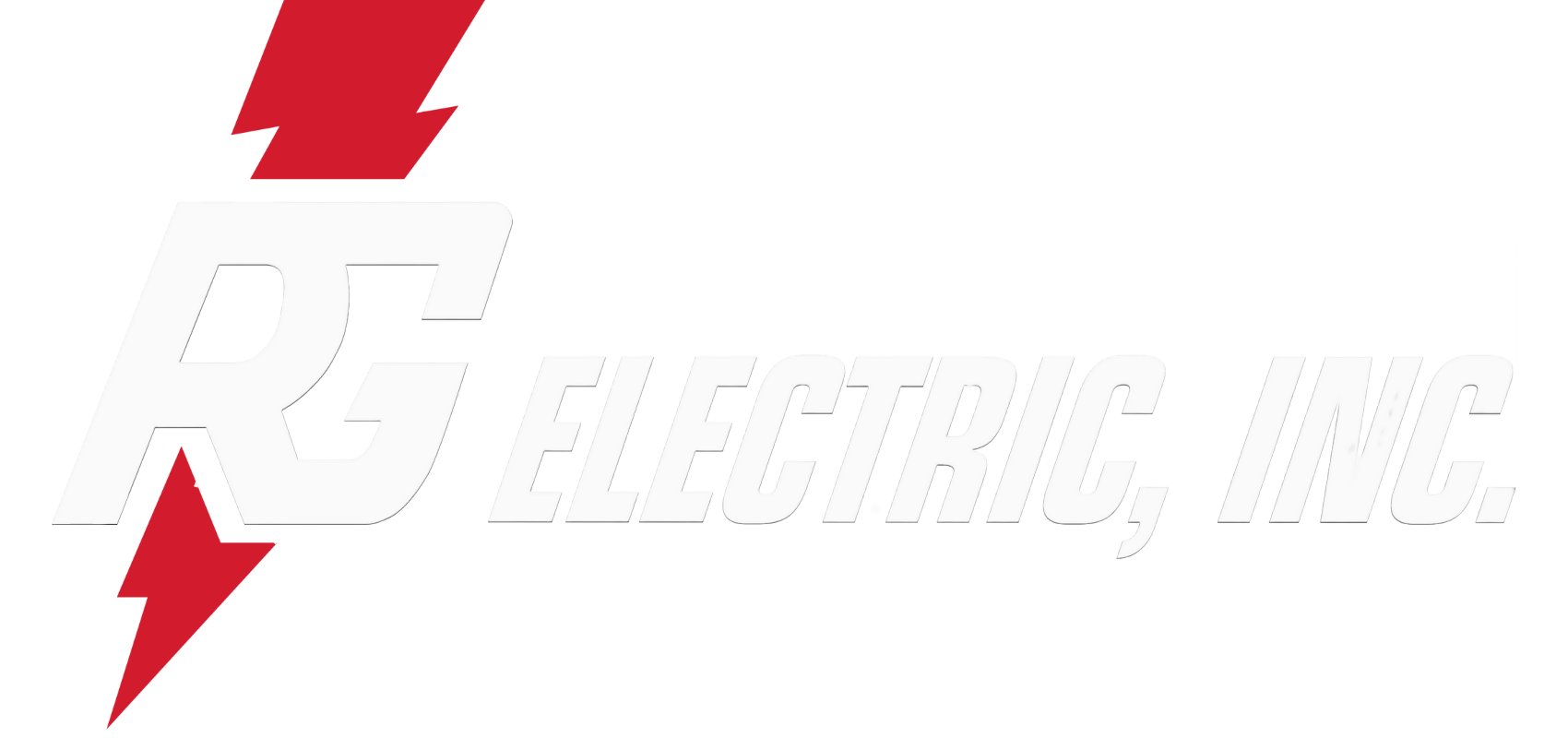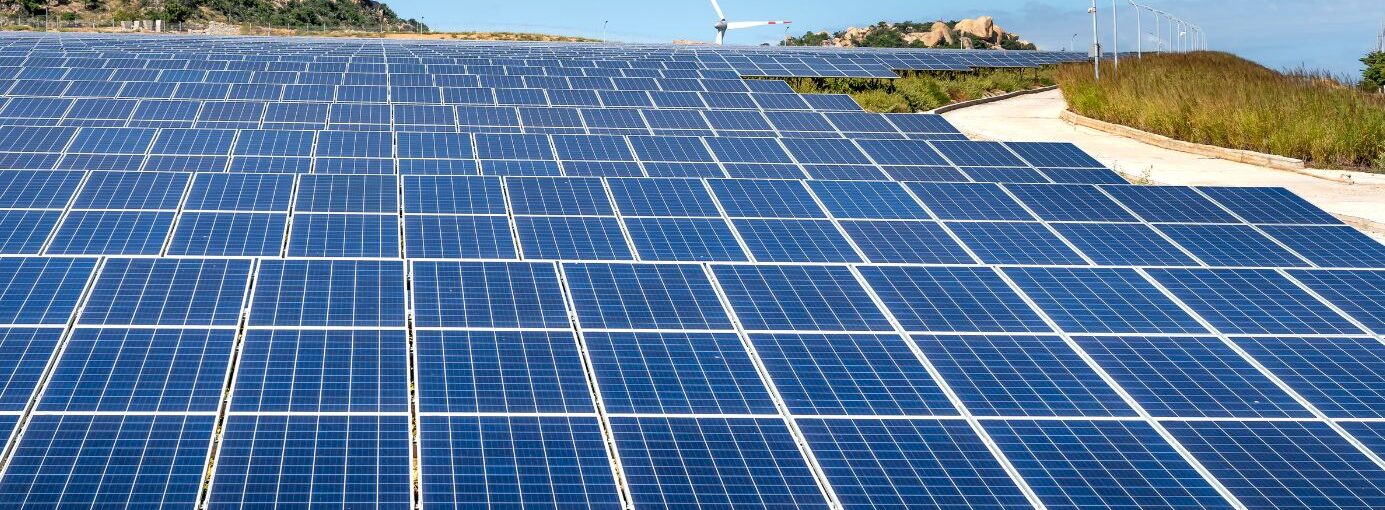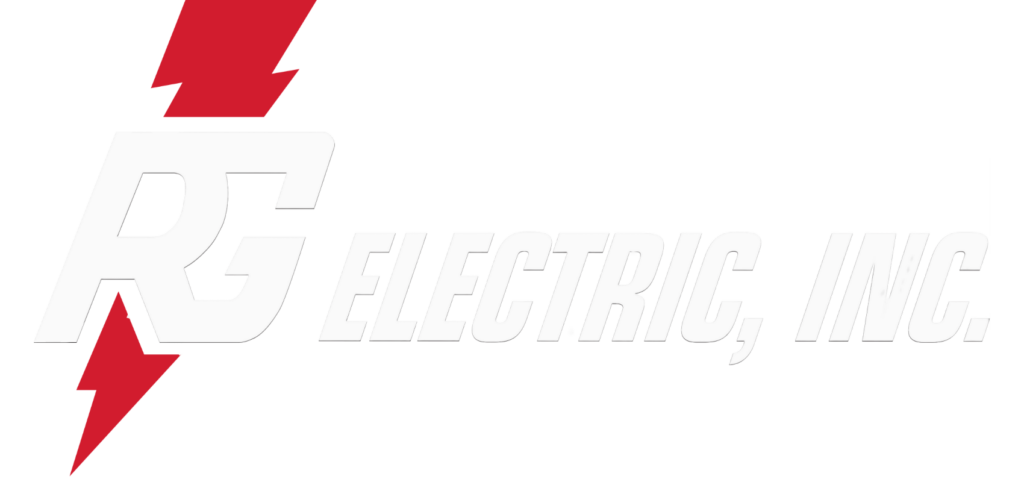Off grid with solar
Going off-grid in Nevada, with its vast deserts and abundant sunshine, seems like a natural choice for those seeking independence from utility companies and a sustainable lifestyle. However, transitioning to an off grid off grid with solar life powered by the sun in Nevada involves navigating a complex landscape of legal, environmental, and technical challenges. Let’s explore whether you can truly go off-grid with solar in Nevada and what it entails.
The Legal Landscape
Nevada’s off-grid laws are nuanced and vary significantly depending on your location within the state. While there are no explicit laws prohibiting the generation of your own electricity, urban areas may have stricter regulations requiring connections to municipal services, which could complicate a fully off-grid transition. In contrast, rural areas offer more flexibility, allowing residents to rely less on state-supplied utilities.
Water: A Desert Dilemma
One of the biggest challenges to off-grid living in Nevada is securing a potable water supply. Most urban areas mandate a connection to the municipal water supply, directly conflicting with the off-grid ethos. Additionally, Nevada’s laws make it illegal to collect rainwater, and accessing groundwater can be both difficult and costly. These water laws present significant hurdles to achieving a completely off-grid lifestyle in Nevada.
Solar Energy: A Bright Spot
Nevada’s abundant sunshine makes it an ideal location for solar energy production. The state’s solar energy laws are favorable, encouraging residents to adopt this renewable energy source. Incentives, such as tax credits and rebates for residential solar panel installations, further sweeten the deal. While generating your own electricity off-grid is legally permissible and technically feasible, the challenge of water supply remains a significant barrier.
Zoning and Land Use Regulations
Zoning laws in Nevada also impact the feasibility of off-grid living. These laws regulate land use, including the minimum and maximum land sizes per dwelling unit, which can affect your ability to live off-grid. Most agricultural zones, for example, require residents to have at least 40 acres per dwelling unit. Additionally, zoning laws may restrict activities essential to off-grid living, such as digging wells or setting up wind turbines.
The Verdict: Compromise and Adaptation
While going completely off-grid in Nevada is challenging due to water supply issues and zoning regulations, it’s not entirely out of reach. Adopting solar power and battery storage can significantly reduce your reliance on the grid for electricity. However, achieving total independence may require compromises, especially regarding water usage.
For those determined to pursue an off-grid lifestyle in Nevada, it’s essential to:
- Research Local Regulations: Understand the specific laws and regulations in your area regarding off-grid living, water use, and solar installations.
- Consider Hybrid Solutions: Explore hybrid systems that reduce grid dependence but may not eliminate it entirely, especially for water supply.
- Plan for Sustainability: Ensure your off-grid setup is sustainable in the long term, considering Nevada’s environmental challenges.
In conclusion, while Nevada offers a promising environment for solar energy, going off-grid requires careful planning, adherence to local laws, and, in many cases, creative solutions to overcome the challenges of water supply and zoning regulations. With the right approach, however, living off-grid in Nevada can be a rewarding pursuit for those committed to sustainability and independence.



